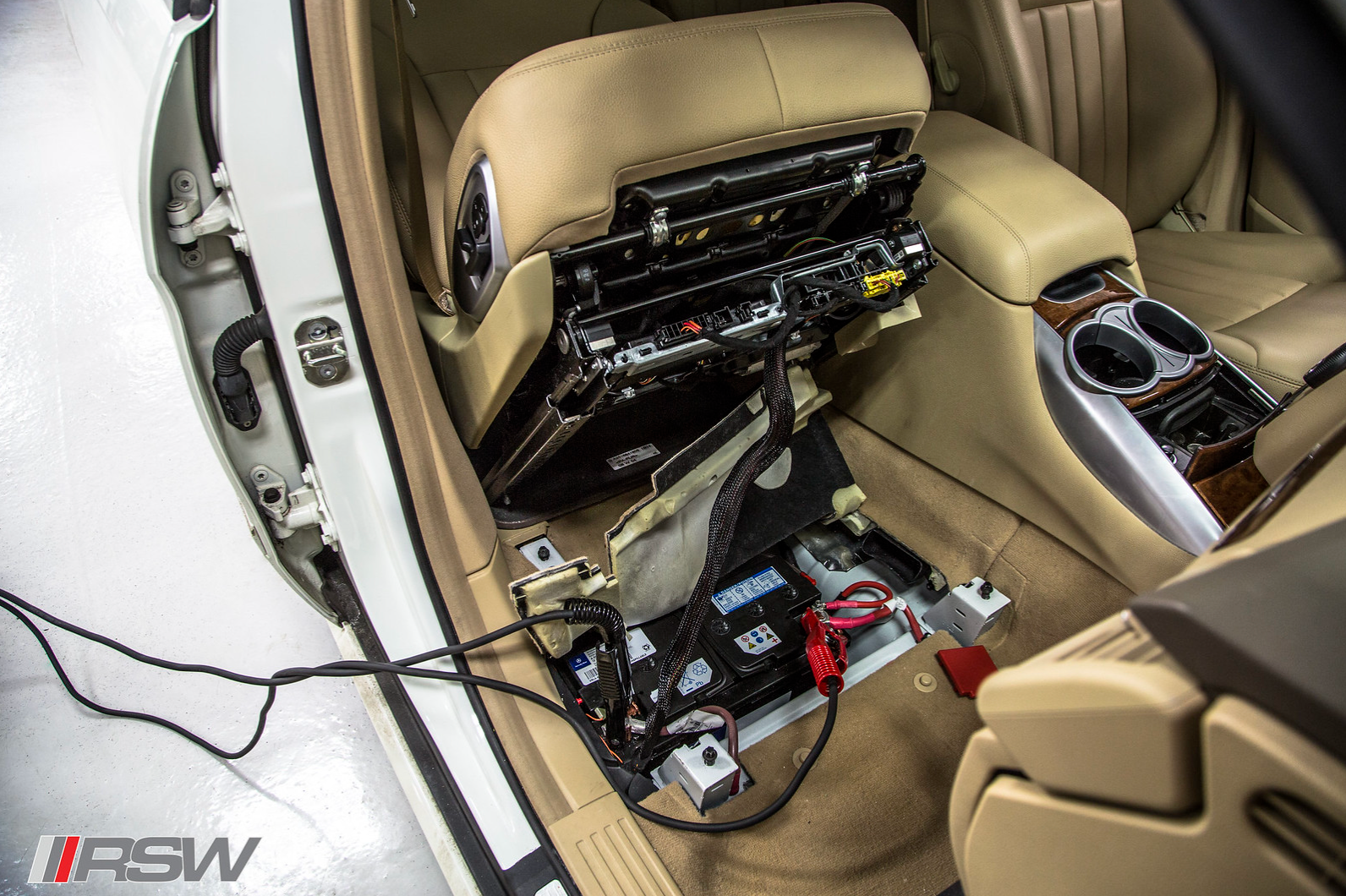
Car Battery Replacement in Kinnelon, NJ | RSW Auto Repair
Professional car battery replacement and testing in Kinnelon, NJ. Same-day service, quality batteries, and expert installation for all makes and models.
Professional Car Battery Replacement in Kinnelon, NJ
Don't get stranded with a dead battery. RSW Auto Repair provides fast, professional battery testing and replacement for all makes and models in Kinnelon and Morris County. We use advanced testing equipment to accurately assess your battery's health and recommend replacement only when necessary—no pressure, just honest service.
📞 Call us today: (862) 895-6210
📍 Visit us: 1167 NJ-23, Kinnelon, NJ 07405
Why Choose RSW for Battery Service?
Advanced Battery Testing - Digital testing measures cranking amps, voltage, and overall battery health
Quality Battery Brands - Premium batteries with multi-year warranties for reliable performance
Same-Day Service - Most battery replacements completed in 30 minutes or less
Expert Installation - Proper installation with terminal cleaning and corrosion prevention
Electrical System Check - We test your charging system to ensure proper alternator function
No-Pressure Service - We only recommend replacement when your battery truly needs it
Our Battery Services
Battery Testing - Complete battery health assessment with digital load testing
Battery Replacement - Quality battery installation with proper connections and programming when needed
Terminal Cleaning - Corrosion removal and protective coating application
Charging System Testing - Alternator and voltage regulator testing to prevent repeat failures
Battery Post Repair - Repair of damaged battery terminals or cables
Mobile Battery Service - Emergency battery service available for stranded vehicles
📞 Call (862) 895-6210 for battery testing
Warning Signs Your Battery Needs Replacement
- Engine cranks slowly or struggles to start
- Clicking sound when turning the key
- Dim headlights or interior lights
- Battery warning light on dashboard
- Swollen or bloated battery case
- Battery is 3-5 years old or older
- Frequent jump-starts needed
- Electrical accessories working intermittently
Most car batteries last 3-5 years, but extreme temperatures, short trips, and electrical system issues can shorten battery life. Regular testing helps prevent unexpected failures.
Understanding Battery Replacement
When you bring your vehicle in for battery service, we follow a systematic process:
Battery Testing - We test your current battery's cranking amps, voltage, and reserve capacity
Charging System Check - We verify your alternator is charging properly to prevent premature battery failure
Battery Selection - We recommend the correct battery size and specifications for your vehicle
Professional Installation - Proper installation with terminal cleaning and secure mounting
System Programming - Modern vehicles may require battery registration for optimal performance
Final Verification - We test the electrical system to ensure proper operation
We stock premium batteries with warranties ranging from 2-5 years, providing reliable starting power and peace of mind.
Serving Kinnelon and Morris County
RSW Auto Repair provides battery replacement services throughout Morris County:
- Kinnelon, NJ - Our facility at 1167 NJ-23, just off Route 23
- Butler, NJ - 10 minutes south on Route 23
- Bloomingdale, NJ - Easy access via Route 23 North
- Riverdale, NJ - Short drive via local roads
- West Milford, NJ - Serving northern Passaic County
- Wayne, NJ - Convenient for Route 23 commuters
Ready to Schedule Battery Service?
Don't wait for a dead battery to leave you stranded. Contact RSW Auto Repair for battery testing or replacement.
📞 Call: (862) 895-6210
📍 Visit: 1167 NJ-23, Kinnelon, NJ 07405
🕒 Hours: Mon – Fri | 8:00am – 5:00pm, Sat – Sun | Closed
Professional battery service with honest recommendations—we only replace when necessary.
What's Included
- Advanced digital battery testing
- Quality batteries with multi-year warranties
- Same-day service available
- Expert installation and programming
- Charging system verification
Our Service Process
Battery Testing - Digital assessment of battery health
Charging System Check - Verify alternator function
Battery Selection - Correct size and specs for your vehicle
Professional Installation - Proper connections and programming
Final Verification - Test electrical system operation
Pricing
Why Choose Us?
ASE-Certified Technicians
Expert service you can trust
Quality Parts
OEM and premium aftermarket
Warranty Coverage
Comprehensive protection
Transparent Pricing
No hidden fees